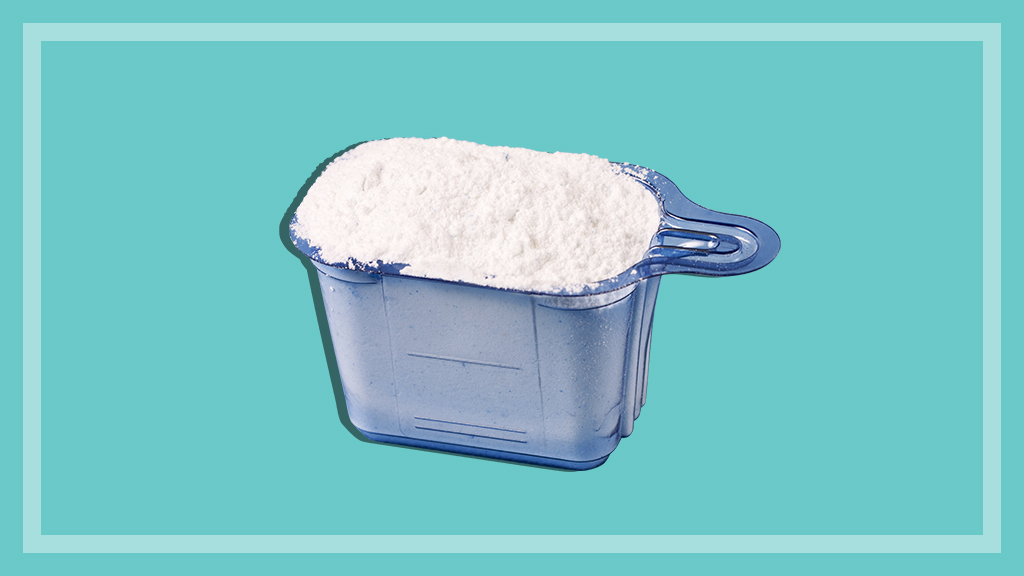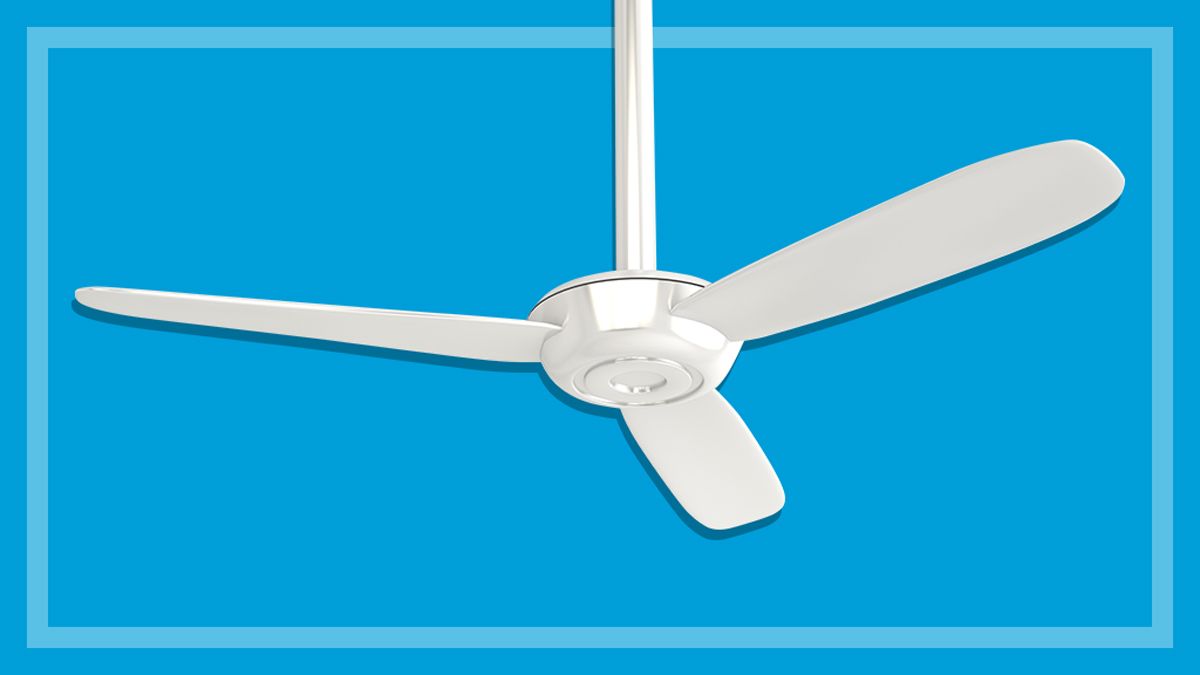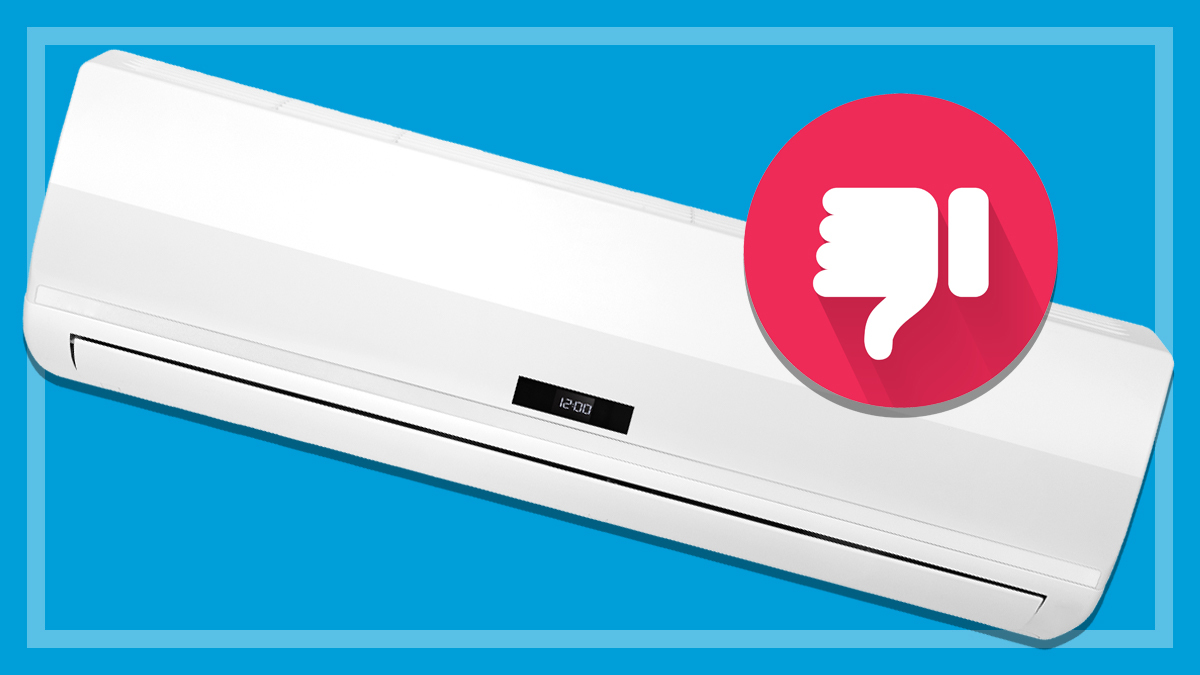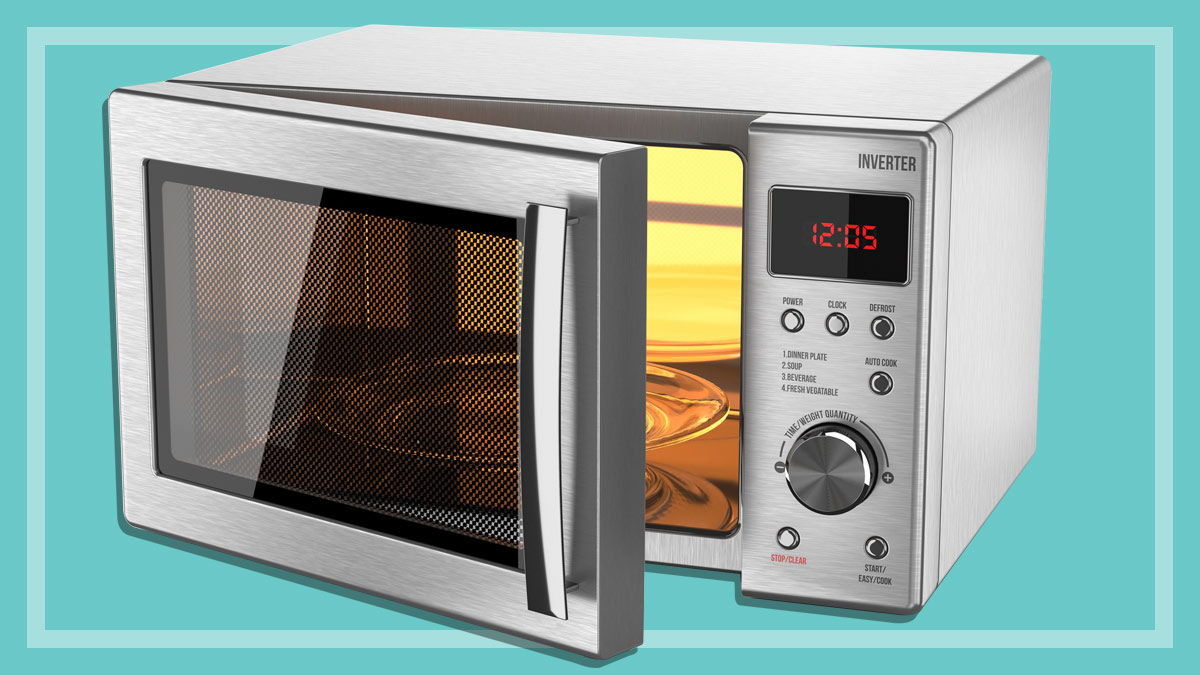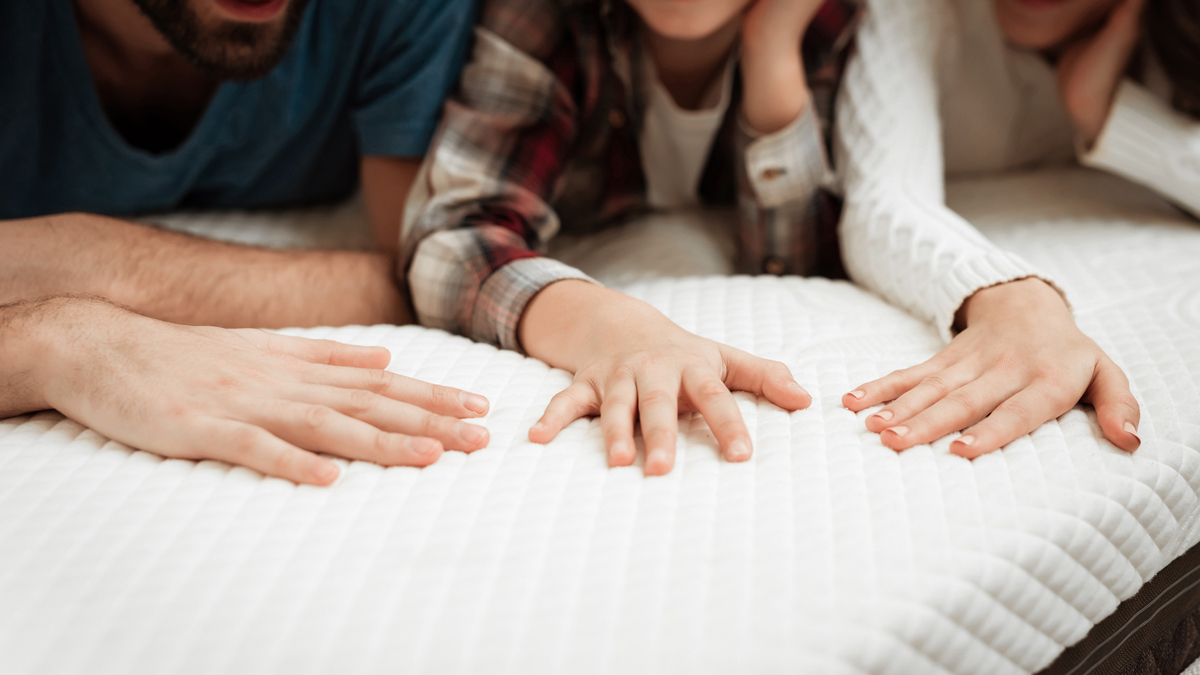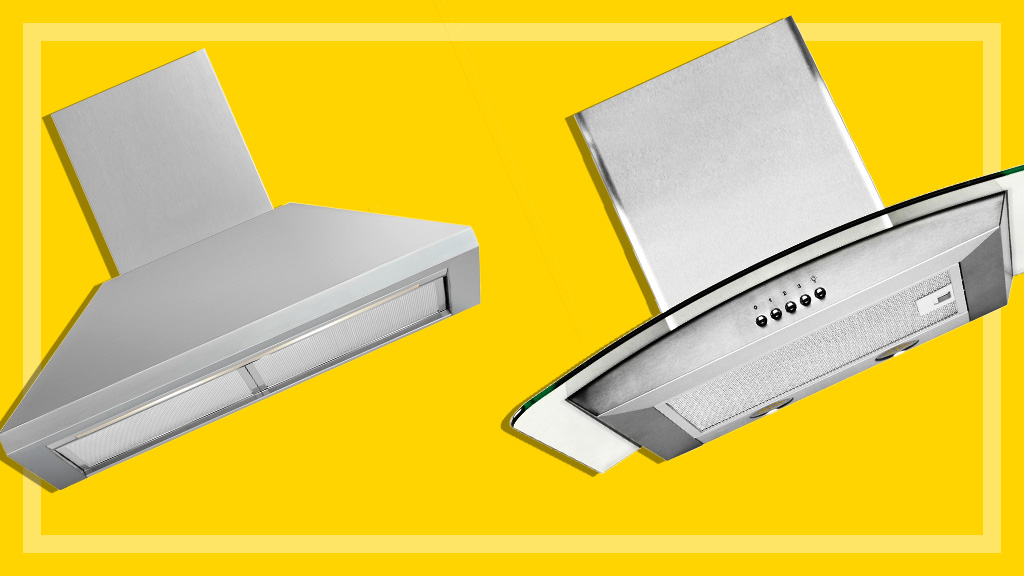Get our independent lab tests, expert reviews and honest advice.
The laundry products that are a waste of your money
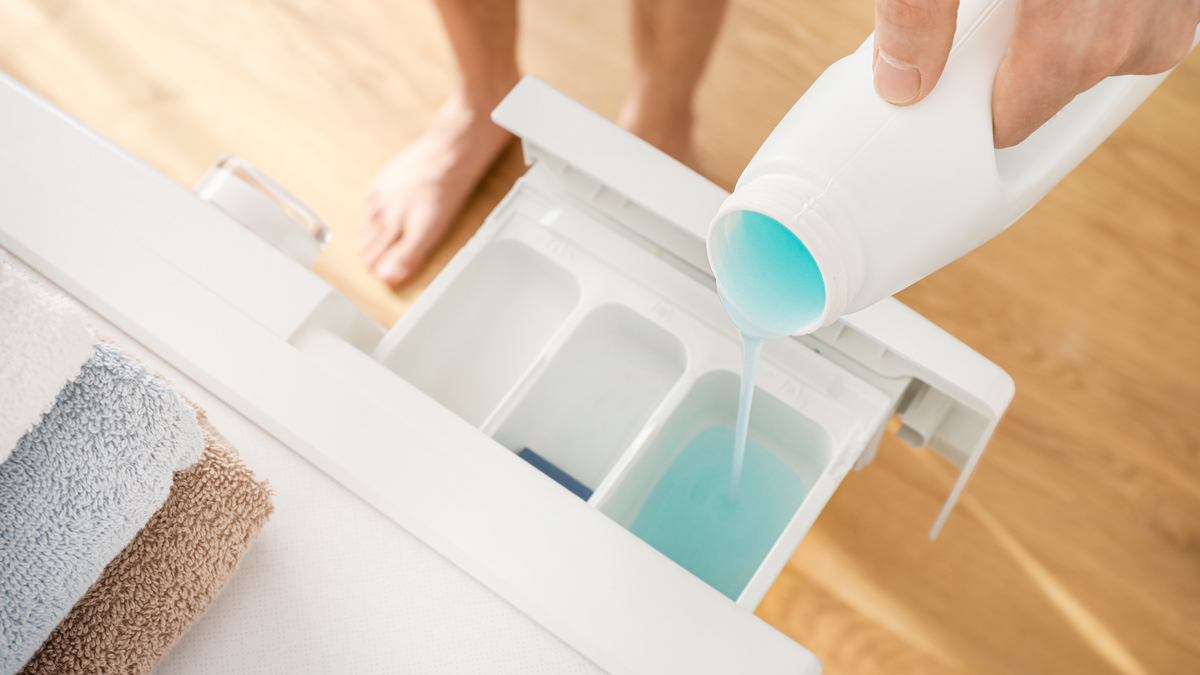
Doing the laundry is an unavoidable part of life, and perhaps one of the least enjoyable ways to spend your hard-earned cash.
On this page:
- Fabric softeners
- Laundry beads and in-wash scent boosters
- Laundry detergent sheets
- Too much detergent
- Laundry detergent capsules
- Washed-up washing machines
- Dodgy dryers
Even worse, the costs of keeping your clothes fresh and clean can really add up – laundry detergent, fabric softener, energy and water can take quite a chunk out of your budget.
With many of us trying to cut back on household expenses, CHOICE experts reveal some of the things you can reduce, change or cut out completely from your laundry routine to save money.
Fabric softeners
CHOICE experts recommend giving expensive fabric softeners the flick.
“Fabric softeners are not only pricey, they also have a few other downsides. If you’re trying to cut costs, you should consider removing them from your shopping list,” says CHOICE head of reviews and testing, Matthew Steen.
If you’re trying to cut costs, you should consider removing fabric softener from your shopping list
Matthew Steen, CHOICE's head of reviews and testing
“Fabric softeners essentially coat your clothes and towels in nice-smelling chemicals which can not only irritate sensitive skin but will also leave a layer of residue on your clothes and reduce the absorbency of your towels.
“Ironically, you’re stripping stains from your clothes and then recoating them with chemicals. It’s a marketer’s dream.”
They also reduce the flame retardancy of clothing, which means you absolutely shouldn’t use them on children’s sleepwear, and they can cause build-up in your washing machine, which will reduce its efficiency and possibly cause damage in the long run too.
So ditching the softener will not only save you money on your grocery bill, it could also save you from having to spend extra money repairing and replacing your washing machine.
With some fabric softeners costing up to $10 or more per litre, this cut could benefit both your laundry and your wallet.
Laundry beads and in-wash scent boosters
These are another type of fabric softener product but, instead of a liquid, laundry beads (otherwise known as in-wash scent boosters) are small soluble beads added to the barrel of your washing machine.
Not only do these products put an unnecessary strain on your budget, they can also put a strain on your washing machine and your clothes by coating them with sweet-smelling chemicals.
Using these products could add hundreds to your shopping bill – money that’s far better off in your pocket
They’re also a strain on people with fragrance sensitivities, allergies or sensitive skin.
But from a purely financial perspective, they just don’t add up. We calculated that using these products could add hundreds of dollars to your annual shopping bill – money that’s far better off in your pocket.
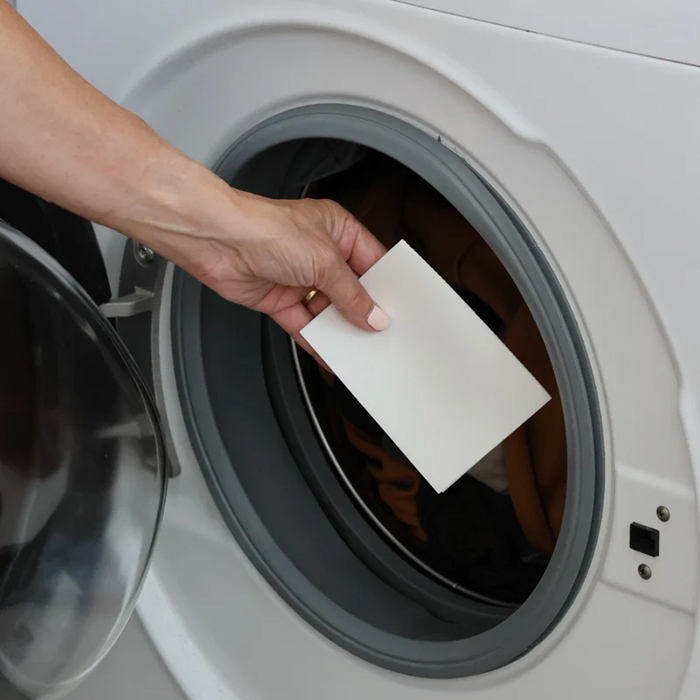
Laundry detergent sheets
If you’ve been looking for an ‘eco-friendly’ laundry detergent option, you may have stumbled across laundry detergent sheets.
Embedded with detergent, these dissolvable paper sheets disintegrate in water, releasing the detergent into your wash.
Packaged without plastic, they’re lightweight and compact so they create fewer emissions through packaging and transport.
Sounds great, right?
Well, yes. But we’ve found they’re great in theory, but not so much in practice.
They were among the lowest scoring detergents in our tests, with CHOICE Expert Ratings between 52 and 60% when we tested them in front loaders.
Laundry detergent sheets are great in theory, but not so much in practice
For now, they’re not a great way to spend your money, but with some more development they could be a good buy.
We test powders, liquids, capsules and sheets each year. Keep an eye our our laundry detergent reviews to see how laundry detergent sheets perform.
Or for a quick rundown of what’s good and what’s not, check out The best and worst laundry detergents from our tests.
Too much detergent
You might be overspending on laundry detergent, but are you also using too much?
The recommended dose per wash is usually more than you need, our experts say. You can still get great results (and cut your laundry costs!) by using much less.
Using just a third of the recommended amount of laundry detergent can still give you great results
Matthew Steen, CHOICE head of reviews and testing
“Using just a third of the recommended amount of laundry detergent can still give you great results – and your detergent will last three times longer, meaning you’re paying for detergent less often,” says Matthew.
Using less detergent is also better for the environment (think less packaging in landfill, fewer carbon emissions from manufacture and transport, and less detergent in our waterways).
It can also be less irritating for sensitive skin, and it’s better for your washing machine, too.
“Putting too much detergent into your washing machine can lead to a build-up of ‘scrud’, which could drag down its washing performance and even damage it over the long term,” says Matthew.
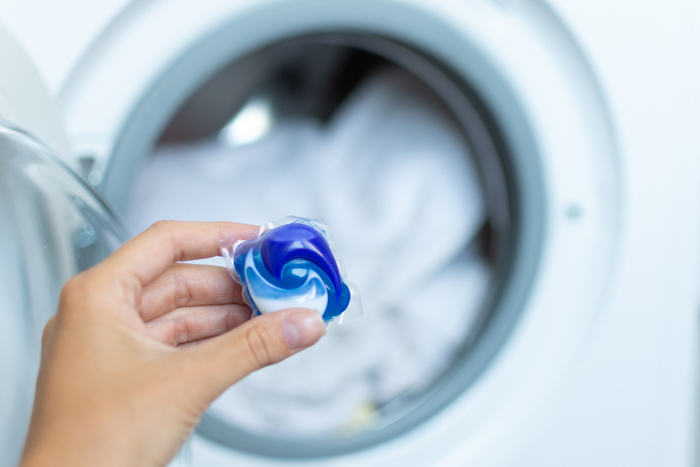
Laundry detergent capsules
Also known as pods, packs, flings, discs or laundry balls, these are single-use capsules of liquid laundry detergent concentrate in a dissolvable plastic wrapper.
They’re certainly convenient (no messy pouring or measuring required) but they can be hit and miss in terms of performance: some of the highest scoring products in our latest laundry detergents review were capsules, but some capsules were among the lowest scorers too.
And some of these products don’t come cheap: the top scoring capsule we tested costs $1.35 per wash, but a powder detergent and a liquid detergent from the same brand cost just 80 cents per wash and received similar CHOICE Expert Ratings.
| Name | Cost per wash | CHOICE Expert Rating |
|---|---|---|
| Omo Ultimate 3 in 1 Capsule | $1.35 | 82% |
| Omo Laundry Powder | $0.80 | 84% |
| Omo Ultimate Liquid | $0.80 | 80% |
Of all the laundry detergents recommended by our experts, these two are actually the cheapest per wash, costing even less than all the other powders and liquids that topped our tests.

However, even if you buy laundry capsules that hit that sweet spot of affordability and performance, they still have limitations.
You can use as little as a third of the recommended dose of powder or liquid detergent and still get just as good a wash, our experts have found.
But you can’t do the same with laundry capsules: you’re restricted to the dose that’s in each capsule.
If you’re doing multiple loads of washing per week, being able to reduce how much detergent you use can really make a difference to your bank balance.
So if you were to use a third of a scoop of the Omo Laundry Powder above, it’d cost just under 27 cents per wash.
A third of a scoop of Aldi Laundrite Laundry Powder, which our experts named as a Best Buy, is less than 4 cents per wash.
You can’t make those kinds of savings with laundry capsules!
It makes sense to swap out expensive detergents for better-performing, cheaper products
Matthew Steen, CHOICE head of reviews and testing
“Laundry detergent can amount to at least half the running cost of your washing machine over its lifetime,” says Matthew.
“So it makes sense to swap out expensive detergents for better-performing, cheaper products – especially since you’ll also get a better wash for less money.”
Washed-up washing machines
An inefficient washing machine, or one that’s too big for your household needs, could be costing you hundreds of extra dollars per year.
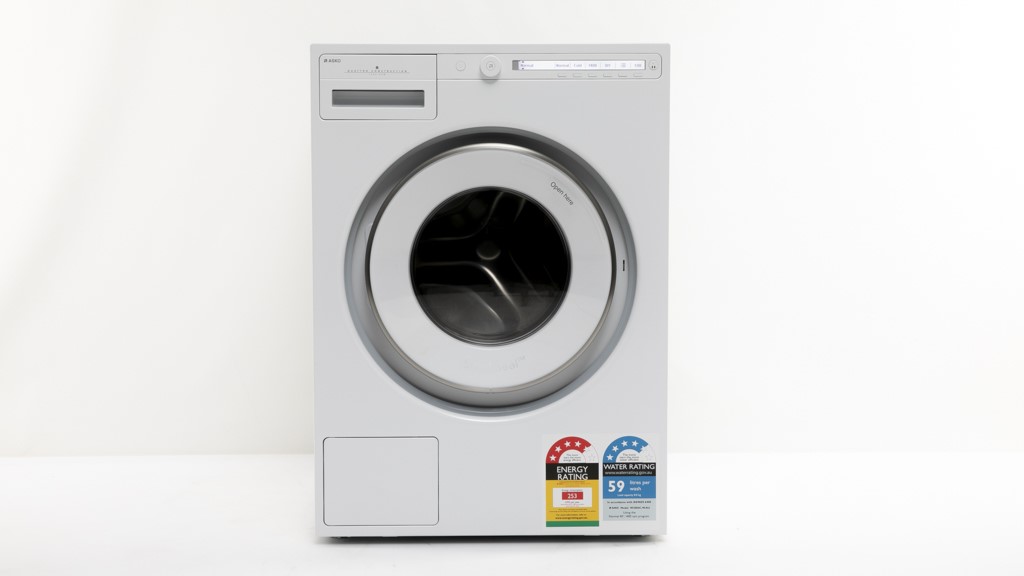
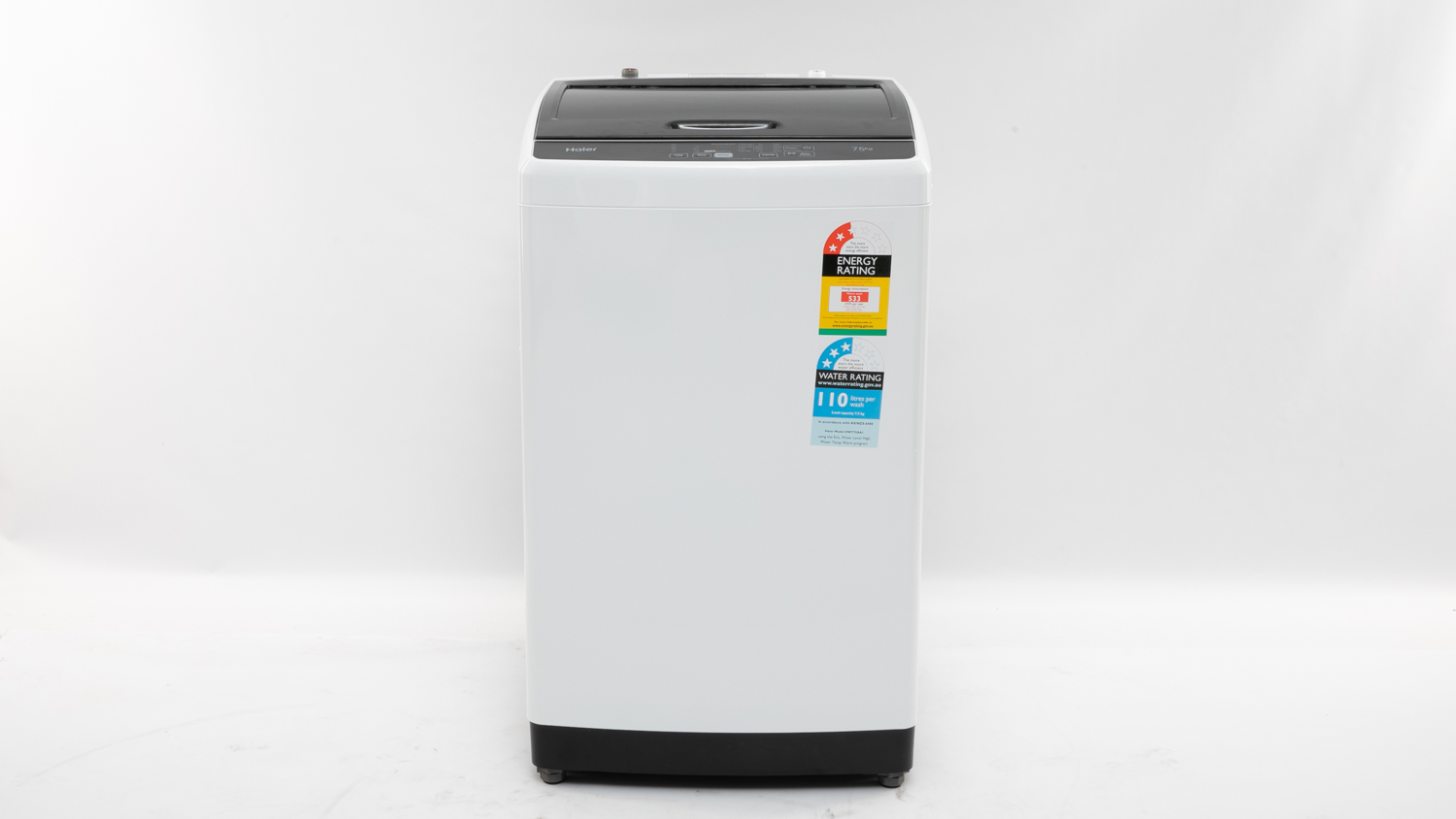
Front loading machines may cost more to buy upfront, but they generally use less power, water and detergent than top loaders and have far lower running costs, which can save you a substantial amount of cash over the life of the washer.
Below, you can see that the Haier top loader we tested is much cheaper to buy, but costs much more to run than the Asko front loader.
While you might spend more up front on the Asko, you’ll be spending far less on electricity and water each year.
And even though the Asko is still more expensive over a 10-year period, it’s arguable that a cheaper, lower-quality appliance (made with low-cost parts that are likely less repairable) won’t continue to operate efficiently for 10 years, if it survives that long at all.
So if you opt for the cheaper model, you may end up having to pay to replace it sooner than you would a better-quality machine.
Top-loader washing machines are also rougher on your clothes, so you’ll not only spend more on running costs over the long term, but also on replacing your clothes sooner.
Suddenly that cheap washing machine doesn’t look so cheap after all!
| Cheapest to run | Cheaper to buy, expensive to run | |
|---|---|---|
| Washing machine |
Asko W2084CW (front loader) |
Haier HWT75AA1 (top loader) |
| RRP | $1999 | $659 |
| Yearly running cost* | $47.60 | $147.40 |
| Total costs over 10 years** | $2475 | $2133 |
Dodgy dryers
You won’t be wasting any money if you dry your clothes in the sunshine, but the reality is many of us often turn to the dryer when the weather isn’t on our side or if we’re in a rush.
The bad news is that clothes dryers can account for up to 3.7% of your average household energy use, so an inefficient dryer can add significantly to your energy bills, particularly if you use it a lot.
Different types of dryers vary both in cost and energy efficiency (and therefore how much they’ll cost you over the long term).
A good heat pump dryer will use as little as a third of the energy of a vented or condenser dryer, but you need to weigh that up against significantly higher purchase prices.
However, if you don’t use your dryer very often, you might be better off going for the cheaper dryer. Even though the heat pump dryer costs less to run, the bigger upfront cost means you probably won’t come out ahead.
To help you keep a lid on your dryer costs, we’ve compiled 6 money-saving tips for using your clothes dryer.
| Cheapest to run | Cheaper to buy, expensive to run | |
|---|---|---|
| Dryer |
Samsung DV80T5420AB (heat pump dryer) |
Fisher & Paykel DE7060G2 (vented dryer) |
| RRP | $1649 | $659 |
| Yearly running cost* | $55.20 | $218.90 |
| Total costs over 10 years** | $2201 | $2848 |

